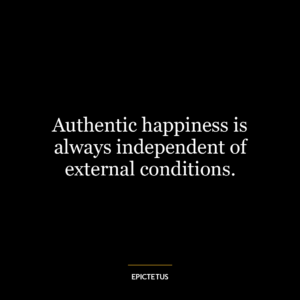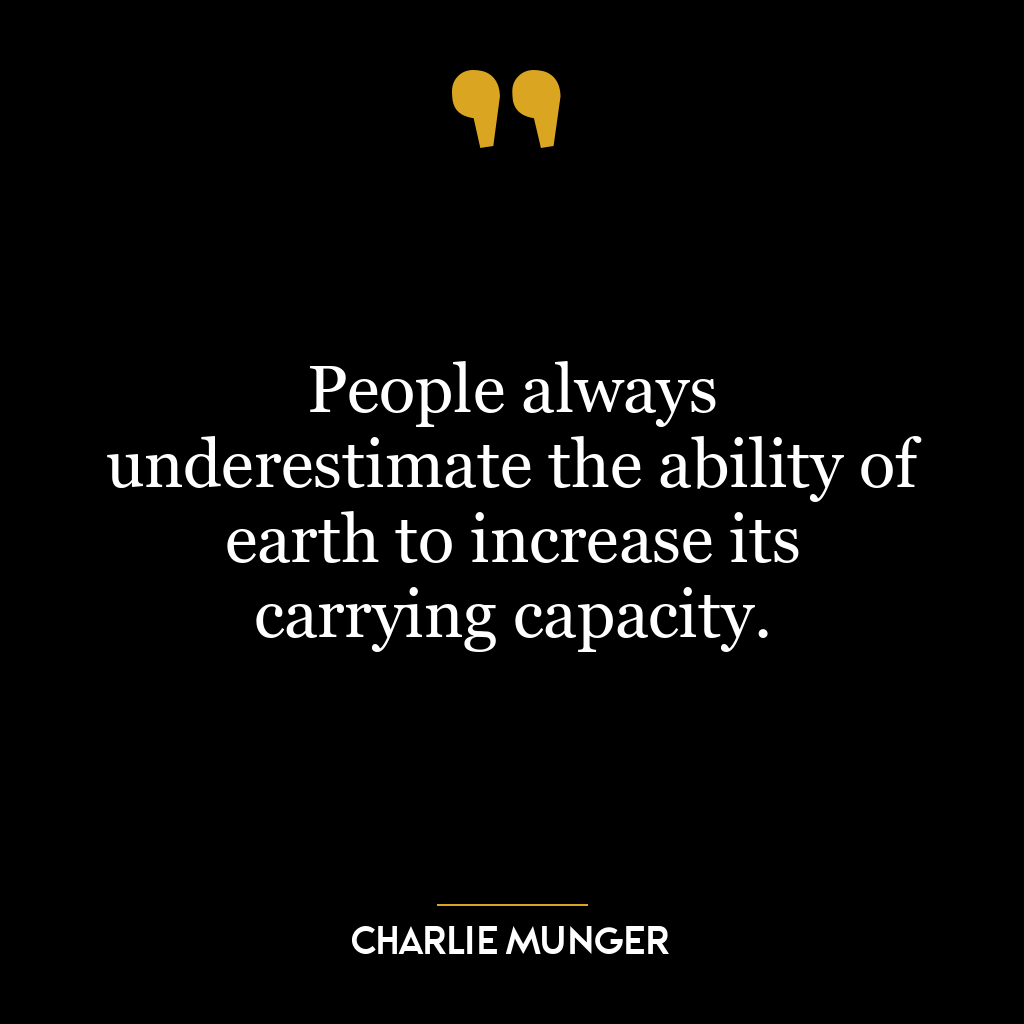This quote is a profound piece of wisdom about self-improvement and resilience. It suggests that when someone speaks ill of you, you should first examine the truth of their words. If the criticism is valid, then use it as an opportunity for self-improvement. Rather than becoming defensive or angry, acknowledge your shortcomings and strive to better yourself. This is an essential part of personal growth and development.
On the other hand, if what is spoken about you is false, you should dismiss it with laughter. This doesn’t mean to literally laugh, but rather to not let it affect you emotionally or mentally. The quote encourages not to waste energy or time on false accusations or lies, but instead to remain confident in your truth and your own self-worth.
In today’s world, this quote is highly applicable. With the prevalence of social media and the ease with which people can share their opinions, it is quite common to face criticism or judgement, whether it be true or false. It is easy to get caught up in what others think of us. However, this quote reminds us to use criticism constructively for self-improvement and to dismiss false accusations without letting them affect our self-esteem.
In terms of personal development, this quote encourages emotional intelligence and resilience. It teaches the importance of self-reflection and the ability to distinguish between constructive criticism and destructive, untrue statements. It also encourages a healthy self-image, insisting that we should not allow false words to impact our perception of ourselves.
In conclusion, this quote is a powerful reminder to use criticism as a tool for self-improvement and to maintain our self-worth in the face of false accusations. It encourages resilience, self-reflection, and emotional intelligence, qualities that are essential for personal development and mental well-being in today’s world.















